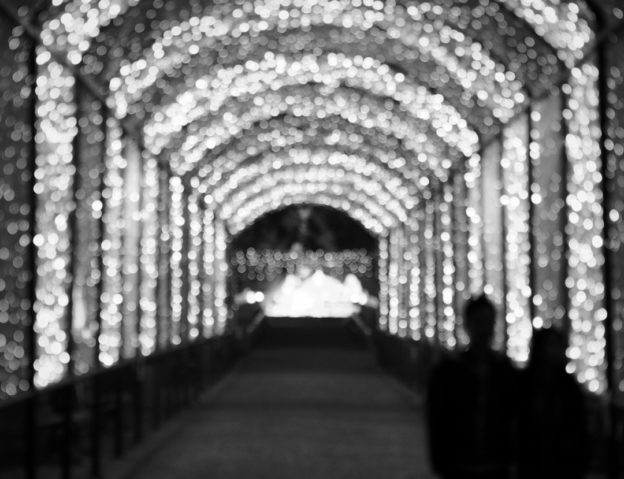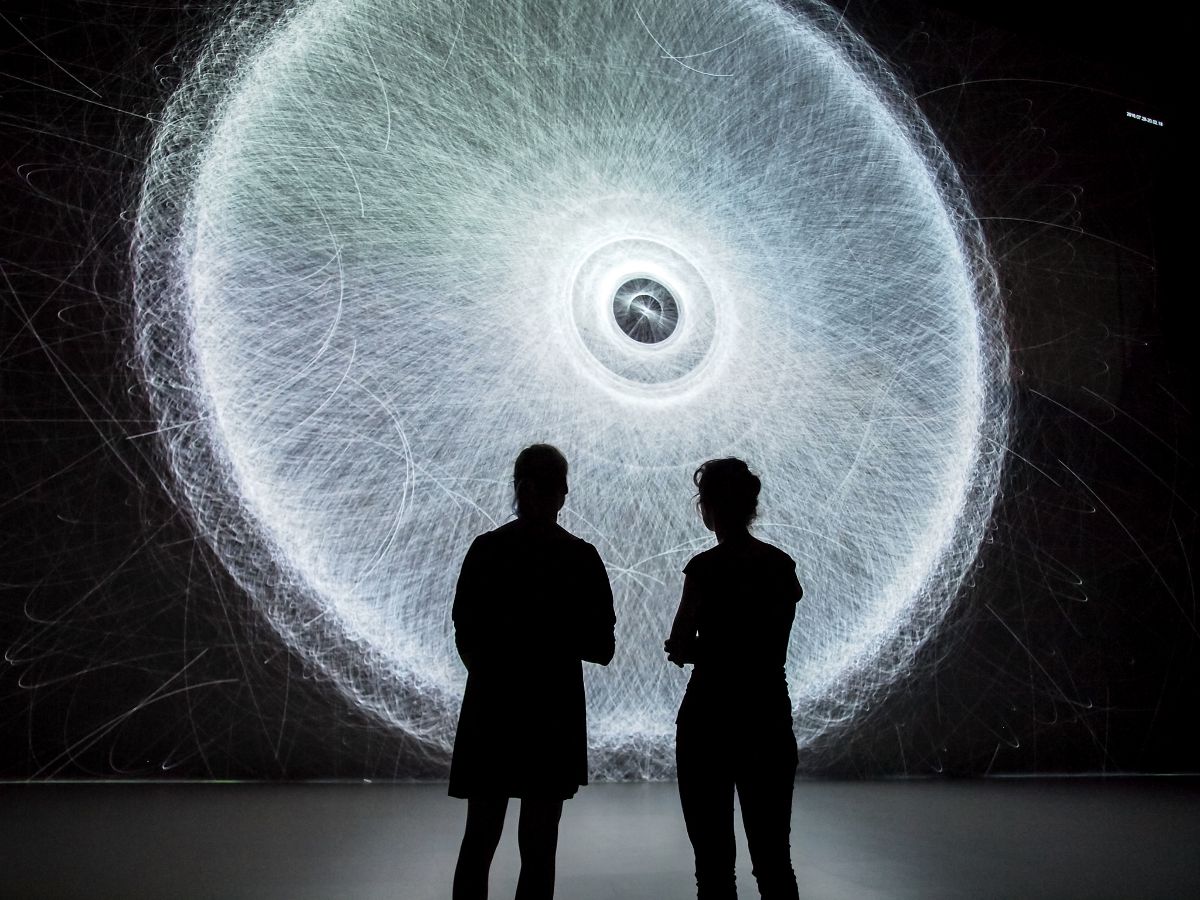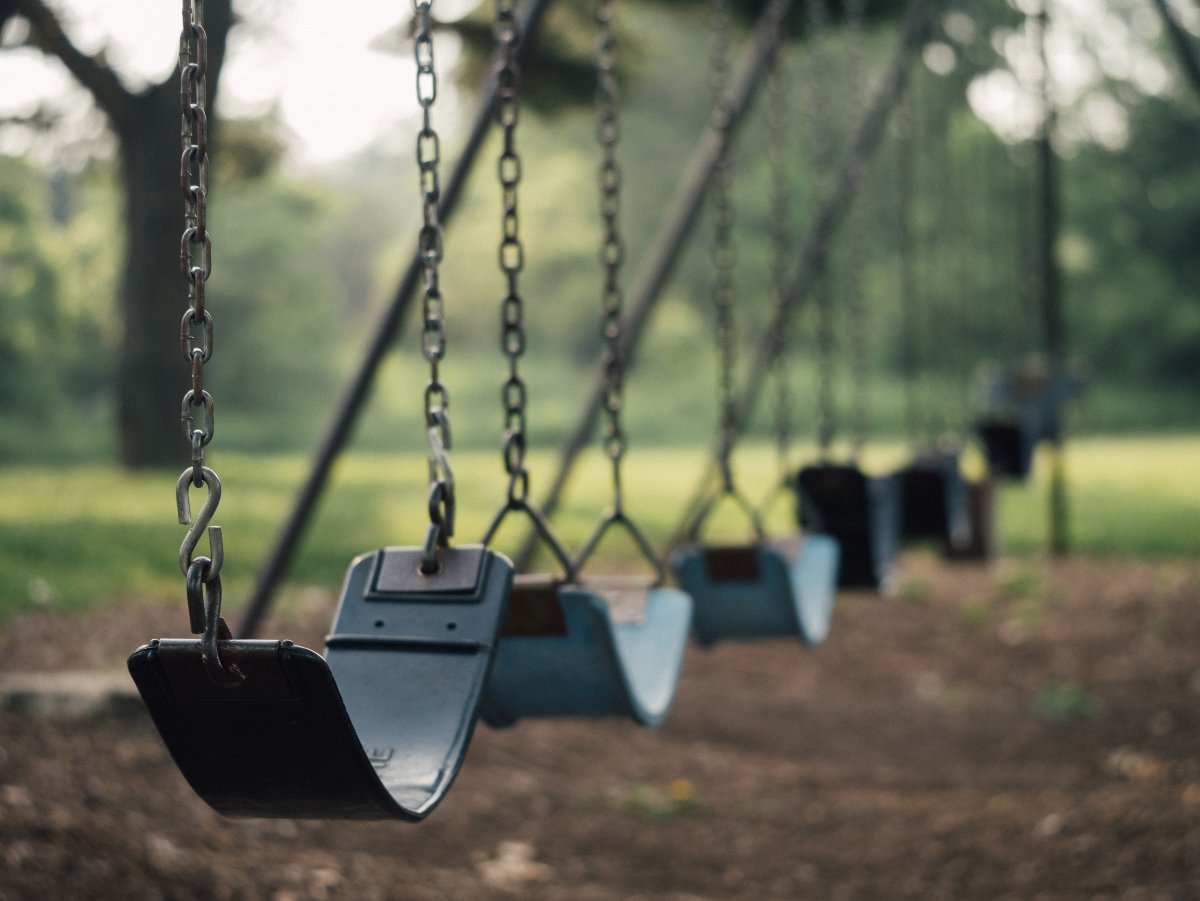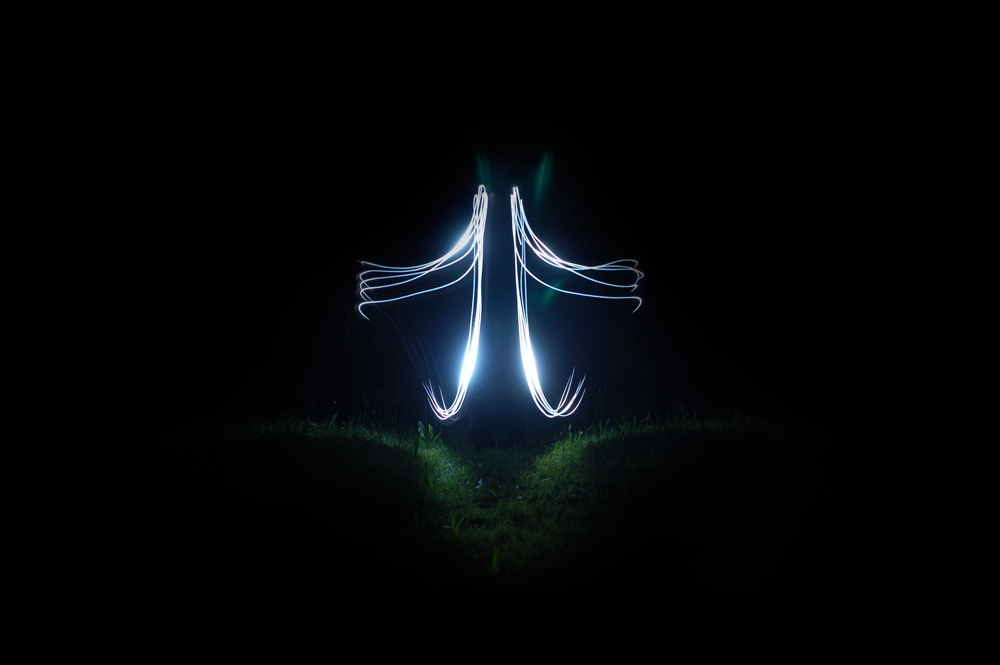I just completed an on-line course through MindValley Institute entitled “Beyond Seeking” taught by Ken Wilber, whom I mentioned in my last post. The course triggered so many ideas that I wanted to filter them through my lens and write a post. So here it is.
As the title of this post indicates, throughout our lives, we can experience many stages and many states. In my last post, Spiritual Awakening, I constructed scales for Wilber’s four constructs—growing up, showing up, waking up, and cleaning up. Each level on the scales represents a distinct, developmental stage.
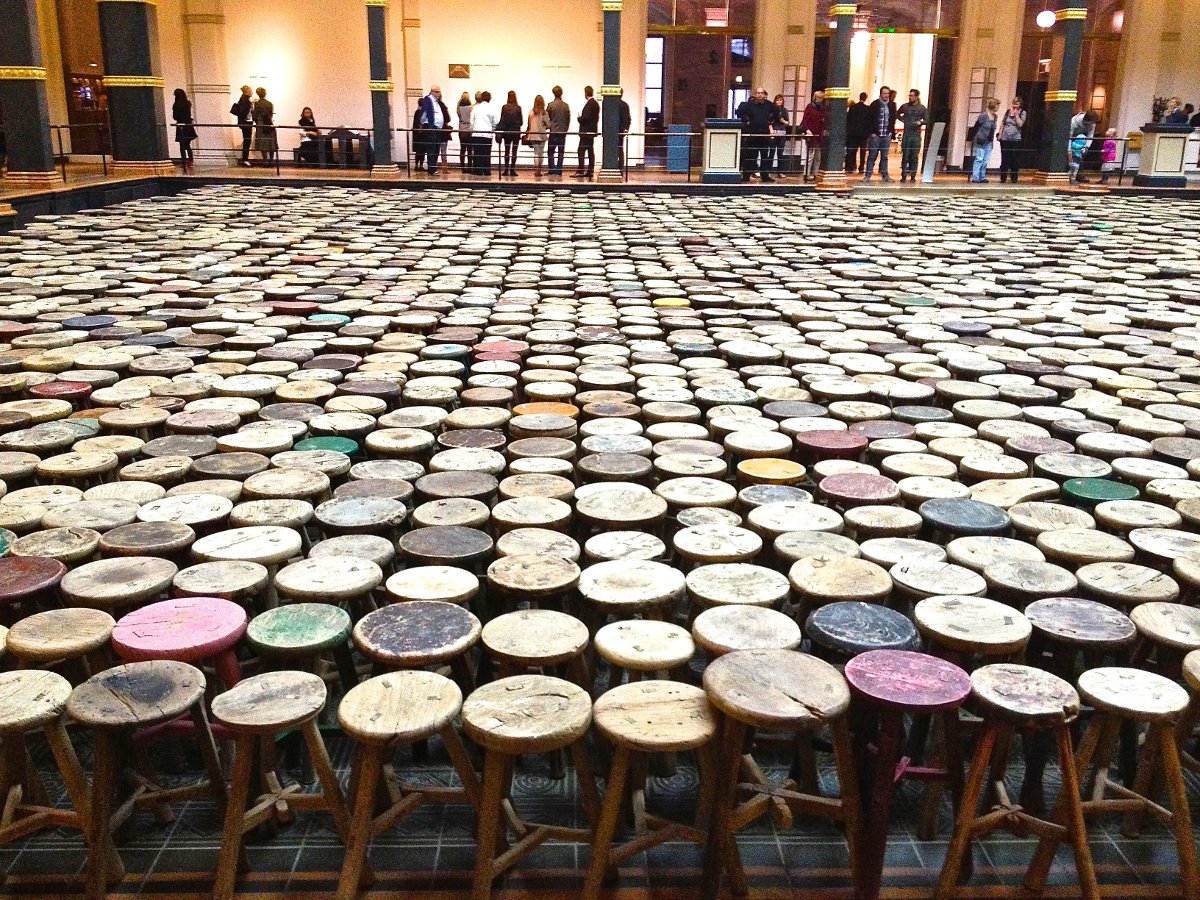
The five stages of growing up are: Magical Thinking, Mythological Thinking, Rational Thinking, Inclusive Thinking, and Integral Thinking. This scale enables us to diagnose and develop intellectual functioning—our own and others. Are we assuming things will turn out they we want because we wish it to be so, or are we actively seeking interdependent relationships and creating integral systems to make things happen?
The five stages of showing up are: It, I, You, We, and THIS. This scale enables us to diagnose and develop our social functioning. Are our individual actions only focused on material accumulation or are we working together to create magical experiences and loving, joyful communities?
The five stages of waking up are: Asleep, Dreaming, Awake, Witnessing, Unifying Consciously. This scale enables us to diagnose and develop our spiritual functioning. Are we going through life numb and armored or are we embracing and promoting universal connectedness?
The five stages of cleaning up are: Dis-ownership, Repression, Acknowledgement, Dealing (with our own shit), and Using (all experiences that come our way). This scale enables us to diagnose and develop our emotional functioning (or EQ as it is popularly referred to these days.) A parallel emotional scale could be: Non-Attending, Attending, Responding, Personalizing, and Initiating. Whatever scale we use, the question is, “are we defensively rejecting responsibility for all of our actions or are we learning and growing in every moment?
Those scales can give us a sense of where we are and where we need to be regarding our intellectual, social, spiritual, and emotional development. Independent of where we are on those stage scales, however, the levels don’t automatically inform our State of Being or level of consciousness in any given moment. Meditators or gurus may reach transcendental states of being, but still function at very low levels intellectually, socially, or emotionally. That is why many gurus turn out to be corrupt or disappointing. They have spent all their time in a cave and never paid attention to their development. Who can guess what they might have known, if only they had grown.
Essentially, our State of Being is our Essence. As Taoism suggests, an enlightened state or essence is already within us—we just need to open up and find it.
High functioning stages, on the other hand, must be developed—we need to make effort to move up the scales. States of Being, therefore, must be seen in the context of the stages. This principle will be valuable the next time you choose a guru.
An old Chinese proverb says: “Chase two rabbits, catch none.” Search diligently for masters in states and stages. We not only need maps of development and paths up the scale, we also need the right master to guide us. And our path needs to take into account our level of functioning as well as the teacher’s level of functioning.
Each successive stage of development offers a higher and deeper perspective. Each successive state of being represents a deeper awareness. I can have a similar state as everyone else, but I am the only one seeing the world from my unique perspective. I am at One and Unique at the same time.
So, that’s my summary of life. What about death? Is death a stage or a state? Is “I Am” eternal? Does our witness die? How does cellular connection play in? If I Am at one with the mountain does that mean I’m immortal? Is there any evidence of past lives? Well, the Dalai Lama, for one, doesn’t remember past lives, but that doesn’t mean it’s not possible. The Tibetans may have the most sophisticated spiritual system to address these questions. They maintain that the human being has an essence at the heart that is everlasting through all eternity. While the drop of this lifetime contains all the memories of this lifetime, it dies when our body dies. The drop within, however, contains the sum total of our wisdom (capacity to see emptiness) and the sum total of our virtue (all the good things we did minus all the bad things we did – our ethical, virtuous, or moral resume). When we are born we are carrying with us all our accumulated wisdom and virtue. When we die, we lose our memories, but our virtuous resume may appear again in another life. I have no idea what the truth is, but I like this possibility.
Research has shown that kids interacting with adults act differently independent of their environment. Some kids in loving families become mass murderers. Some kids in toxic environments turn out fine. The lion’s share of development lies within the infant. Kids who come into this world with a large repertoire of wisdom and virtue have the potential to develop faster. That thought ought to take a little of the pressure off from us parents. We are responsible for nurturing growth, but we can’t take full responsibility for how our children turn out. Life and death are mysteries.
Another word for mystery is emptiness. It’s a way to free ourselves from the world instead of being sucked into a belief system. Getting in touch with mystery frees us from being locked into or armored down, and it lets us drop any specific belief to which we have been attached. It opens us up to a vast, infinite consciousness without characteristics. It’s the fundamental foundation for everything. It’s not a system to get us into something, it is a path to get us out of fixed ideas or beliefs. It opens us to new, vast possibilities and keeps us always open to new truths and realities. Learning a development system can help us until it starts to limit us. Hold the system lightly and gently. Don’t hold on so tightly you get caught. It’s the ultimate escape plan. Rumi asked: How do I escape this “prison for drunks“? Here is a potential answer: make every effort to move up the stages of development, but don’t get so caught in the system that you lose track of your State of Being and Energy’s Way.
Humans have evolved over many millennia, about 150 in fact. Evolution is spirit in action. In the last few hundred years, however, there has been a significant shift. Huxley said, in summarizing Darwin, “evolution became aware of itself.” Stages and states are evolution unfolding. We are more aware how we develop, evolve, and grow. It has become part of our awareness. Mythology tries to fix things in place and make them static. The higher stages or development, though, are dynamic—increasingly so as we move up through the stages. Even evolution may turn out to be fixed. We may need to open up to a flowing, dynamic, ever unfolding energy. Paying attention to stages and states may be a good place to start.
Also published on Medium.
